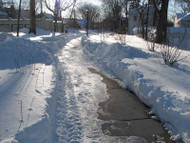Winter Salt Can Damage Your Plants
Posted by Native Wildflowers Nursery on Dec 02, 2019
Winter Salt’s Affect On Plants
What some people may not know though about winter salt is that it can be detrimental to landscapes or gardens near where it is applied. Winter salt on plants can lead to unsavory effects that can damage your plants and how they grow long term. This isn’t even just true for plants near the roads. They spray as even ones further away can show signs of harm or injury due to natural factors of movement. While winter salt may not be the first thought that comes to mind when thinking about how winter impacts these things, it is important none the less. Precautions need to be taken to ensure your plant’s health won’t decline when this is done.
How does winter salt affect plants? Well, there are several ways that salt can damage a plant. New or emerging plants will be especially vulnerable during this time as they aren’t as developed when they come in contact with the salt. Often damage is not evident until it is too late to do any good.

Firstly any plants that come into direct contact with the spray will be the ones to be affected initially. This is due to the firsthand exposure, which will damage the plant’s tissue to the point where it can no longer function in the cold as it is supposed to. It can also result in salt burns that damage the outside of the plant, including the buds or leaves. The possibility of plants drying out is a big concern when dealing with winter salt. There is also the issue of the broken down salts in runoff that can have even more far-reaching effects. The water will replace other much-needed nutrients in the ground and soil around the plant. This will lead to gaps in the plant’s nutritional process.
Preventing The Damage
Knowing all the issues that winter salt can cause, most people will want to know how to best prevent these from arising. Prevention is the key to all of this in that its best to get ahead of the problem before it can even begin.
In terms of the homeowner, if you are spreading salt on your paths and sidewalks of your own volition, then the simplest solution is slackening the use of the salt. Salt on a small scale property can easily be mixed with other products or even substituted entirely. Alternatives to the dreaded salt can be sawdust or even kitty litter. These are proven to have the same effect as the winter salt when it comes to traction, which is the main reason for using the substance.
Considering that, it is doubtful the township you live in will switch from their methods when it comes to roads. One of the solutions is to ensure a sound irrigation system around your plants and landscape. This will expel the excess salt from causing any more harm to your beloved plants. There is also the option of understanding that those plants closest to the road will bear the brunt of the force, which means special care should be taken in choosing the kind of plants placed there. Maybe try finding plants that are explicitly stated to be salt resistant.
Winter Salt And It’s Seasonal Challenge
As shown, winter salt can be nasty for any plant or landscape during the cold season. And while, for the most part, salt on roads and paths is a necessary part of public safety, there are also ways an individual can choose to prevent the problem from occurring with various new methods and habit changes.

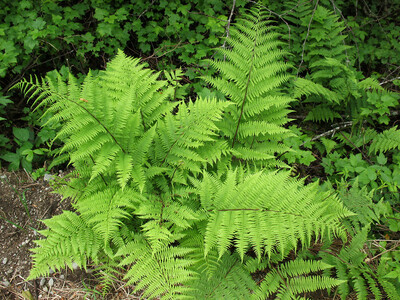 Native Ferns
Native Ferns
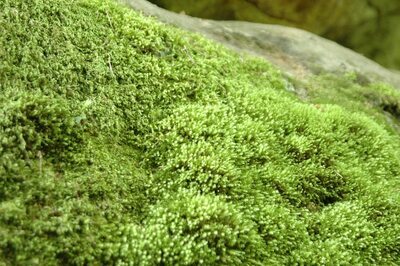 Native Mosses
Native Mosses
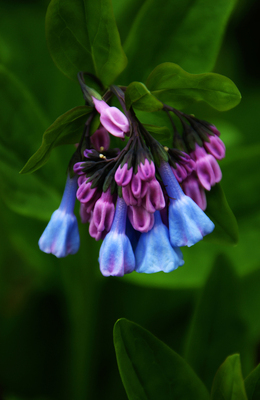 Native Perennials
Native Perennials
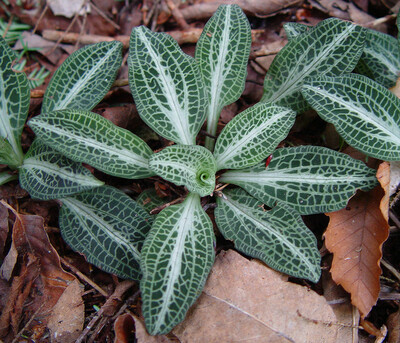 Native Ground Covers
Native Ground Covers
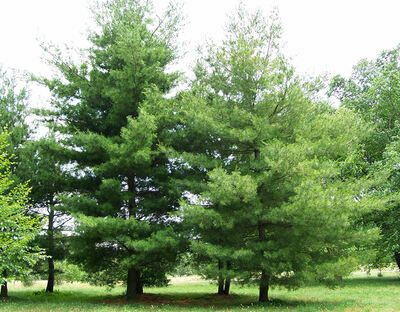 Native Trees
Native Trees
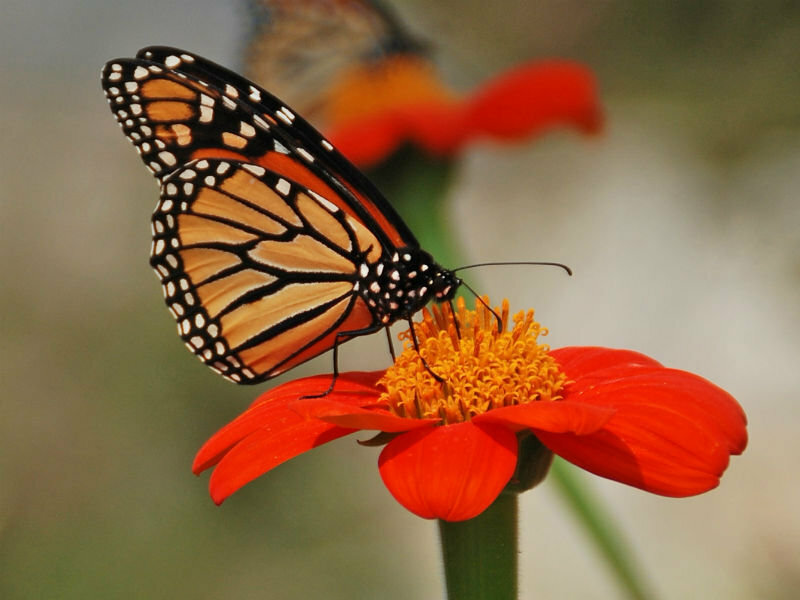 Pollinators
Pollinators
 Shop Bloom Color
Shop Bloom Color
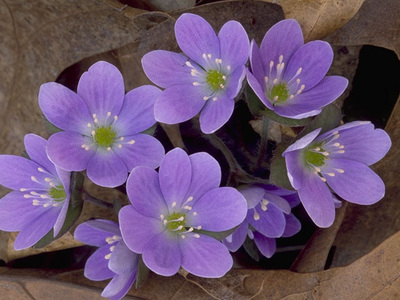 Perennials By Zone
Perennials By Zone
 Medicinal Herb Plants
Medicinal Herb Plants
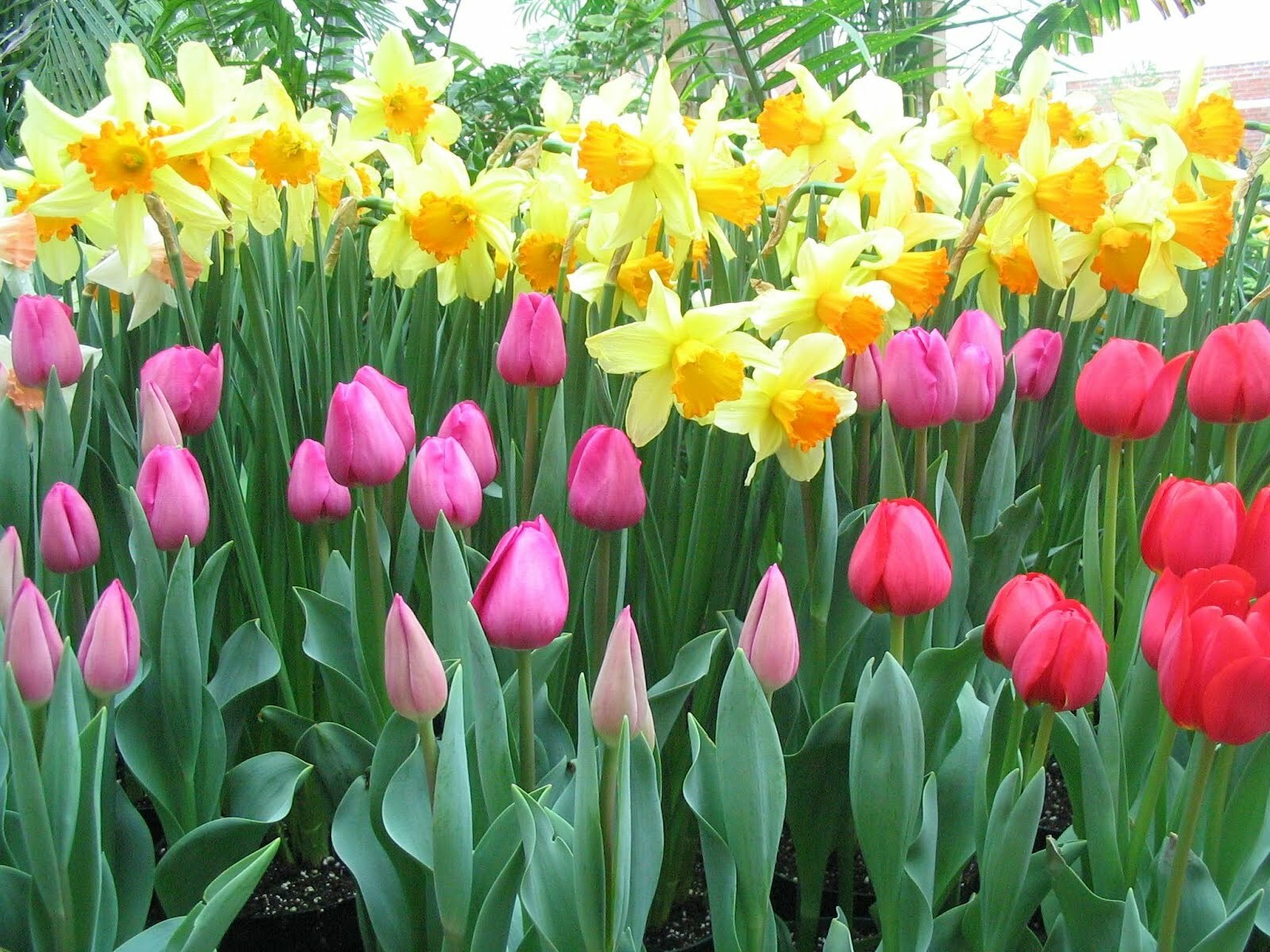 Spring Bulbs
Spring Bulbs
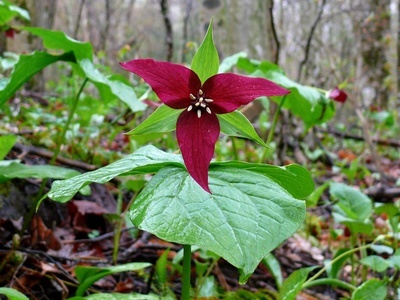 Trillium
Trillium
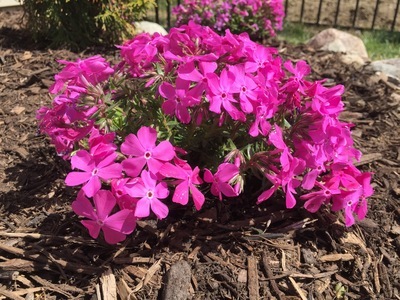 Shop By Zone
Shop By Zone
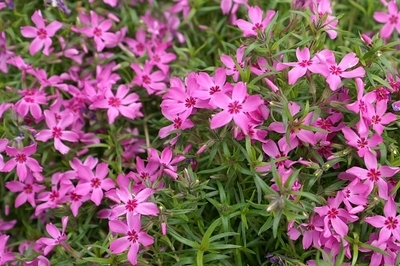 Flowering Groundcovers
Flowering Groundcovers
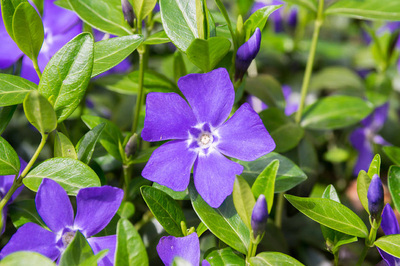 Evergreen Groundcovers
Evergreen Groundcovers
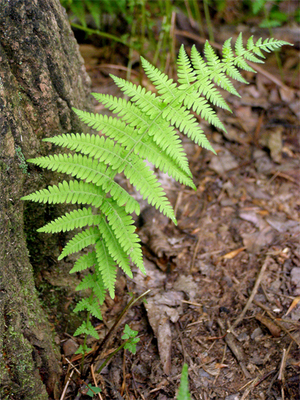 Ferns for Zone 3
Ferns for Zone 3
 Ferns for Zone 4
Ferns for Zone 4
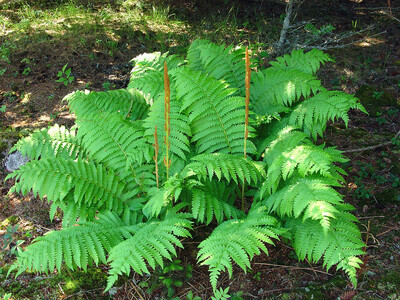 Ferns for Zone 5
Ferns for Zone 5
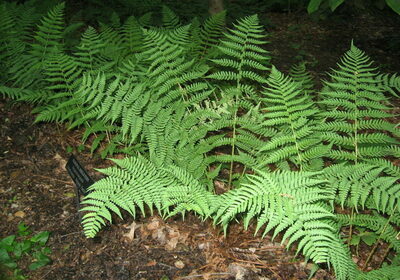 Ferns for Zone 6
Ferns for Zone 6
 Ferns for Zone 7
Ferns for Zone 7
 Ferns for Zone 8
Ferns for Zone 8
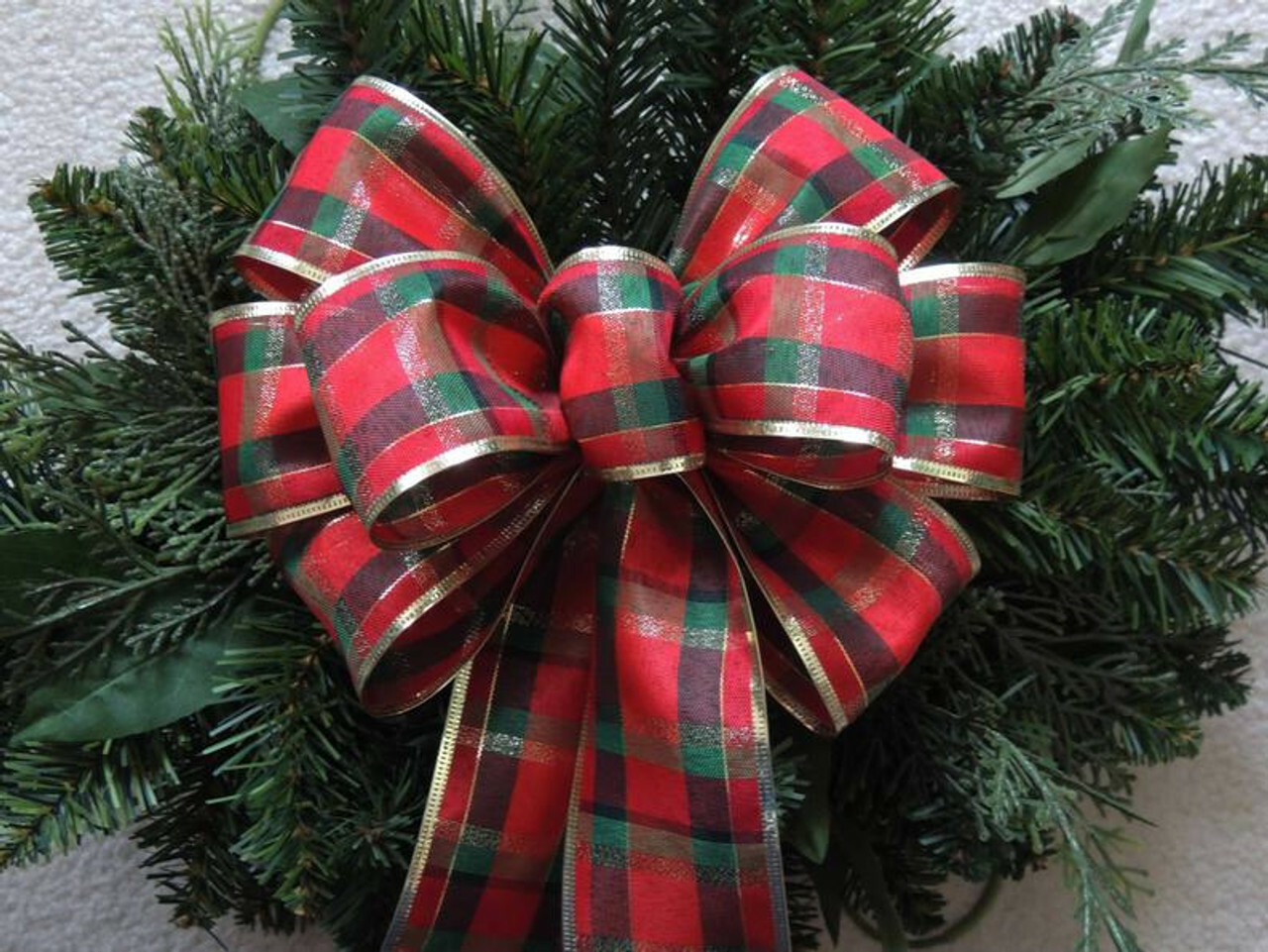 Christmas bows
Christmas bows
 Fresh Wreaths
Fresh Wreaths
 Garlands
Garlands
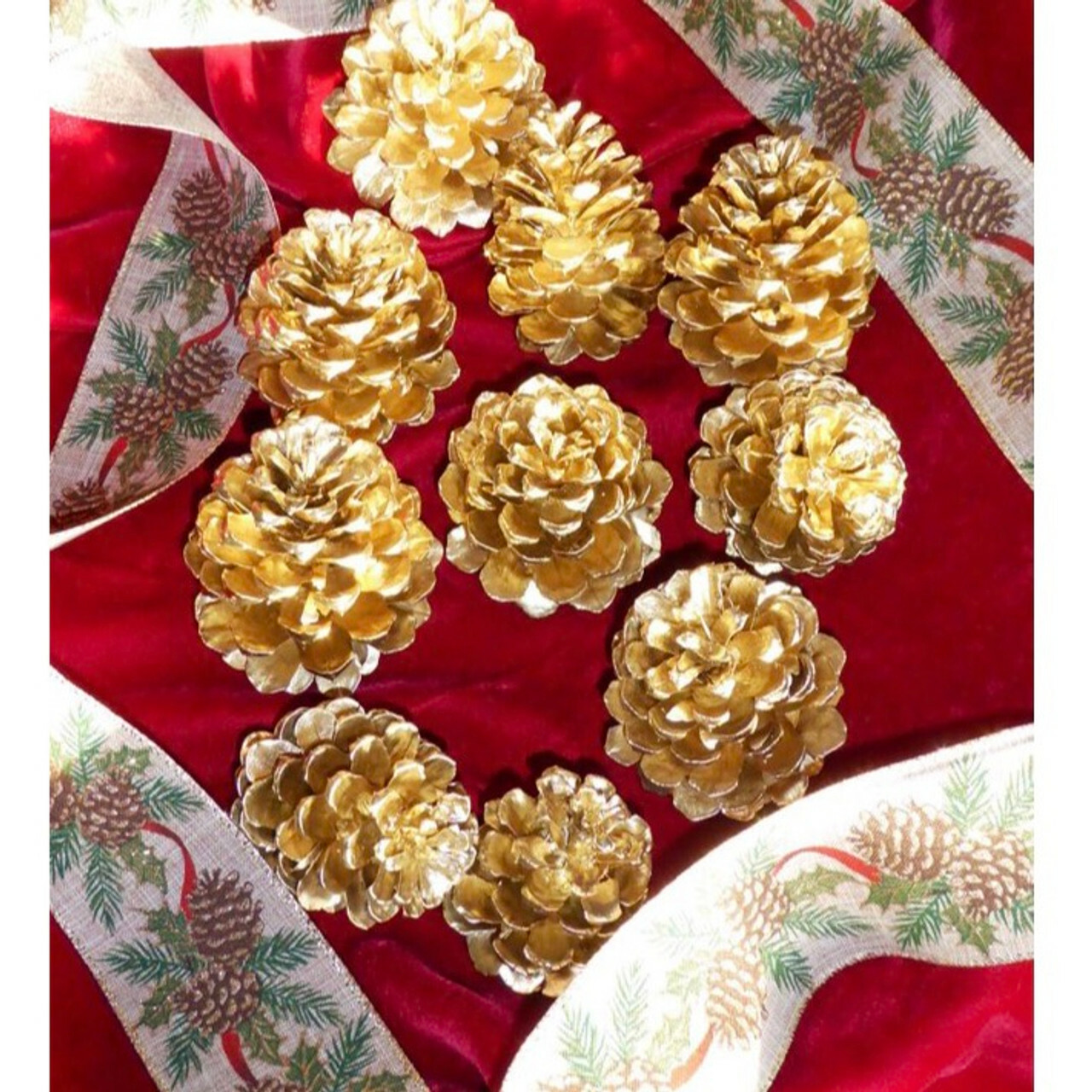 Large Pine Cones
Large Pine Cones
 Live Mistletoe
Live Mistletoe
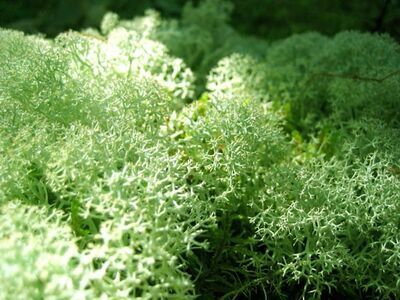 Moss
Moss
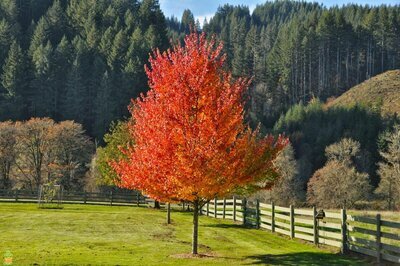 Shop Trees By Zone
Shop Trees By Zone
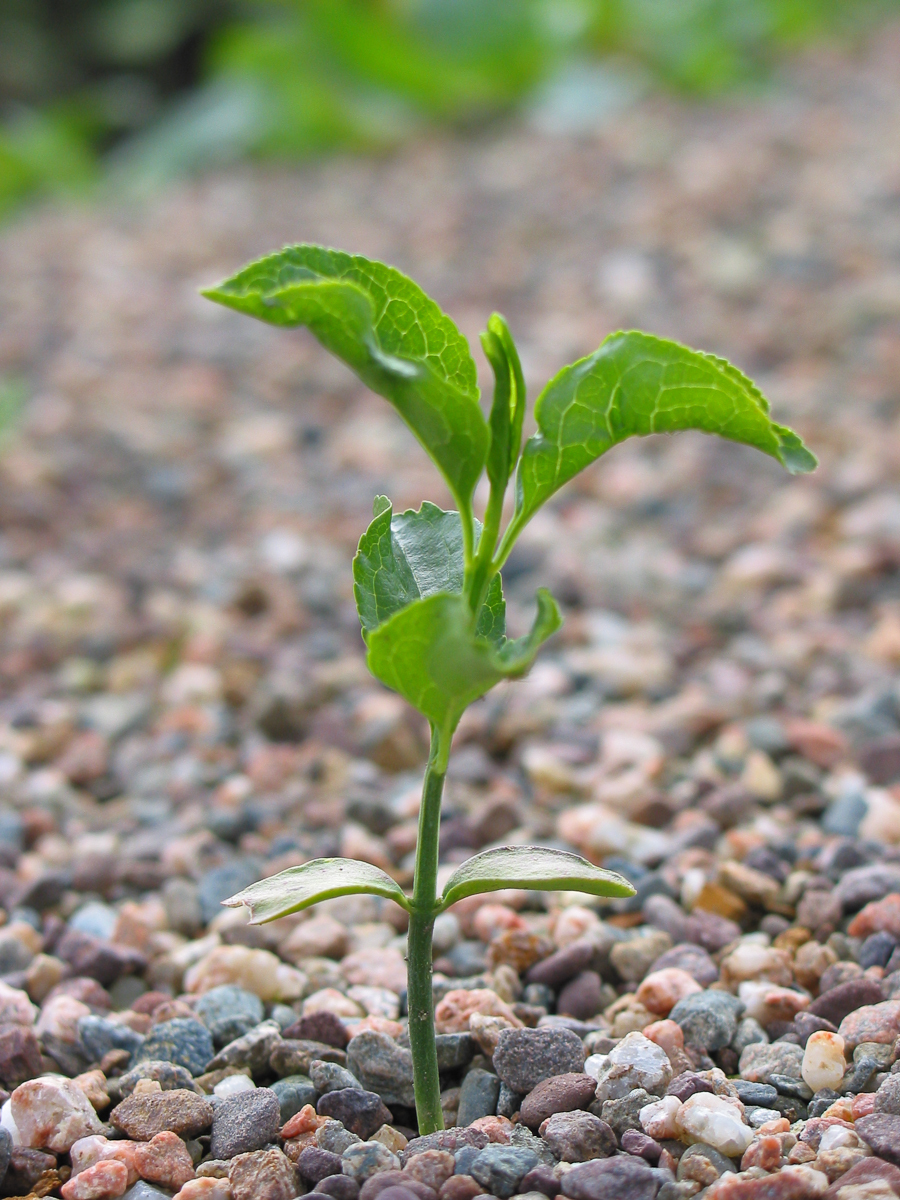 Tree Seedlings
Tree Seedlings
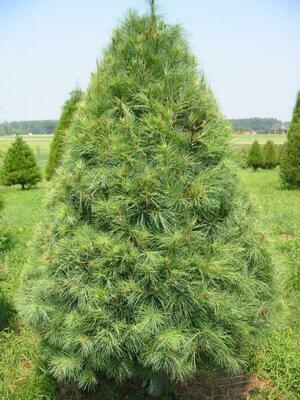 Fast Growing Trees
Fast Growing Trees
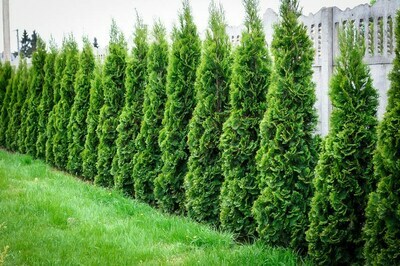 Pine Trees
Pine Trees
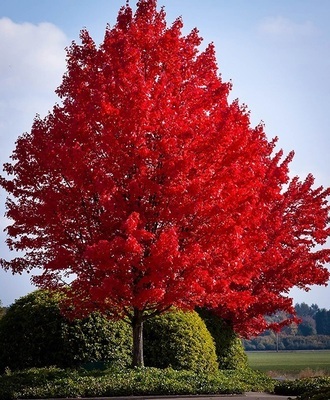 Live Stakes
Live Stakes
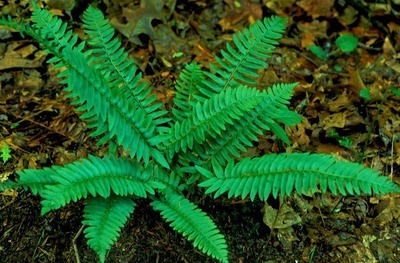 Evergreens
Evergreens
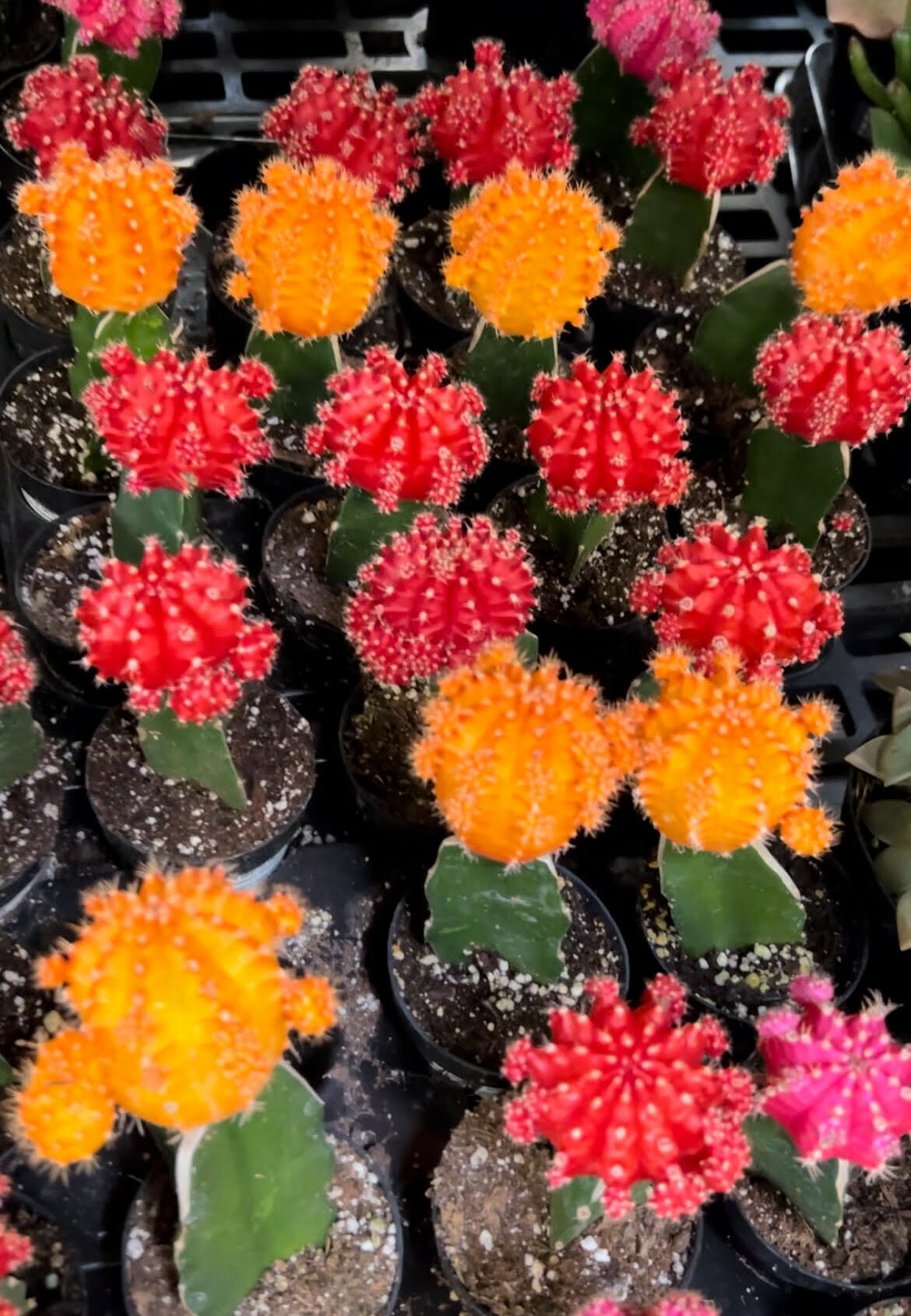 Cactus
Cactus
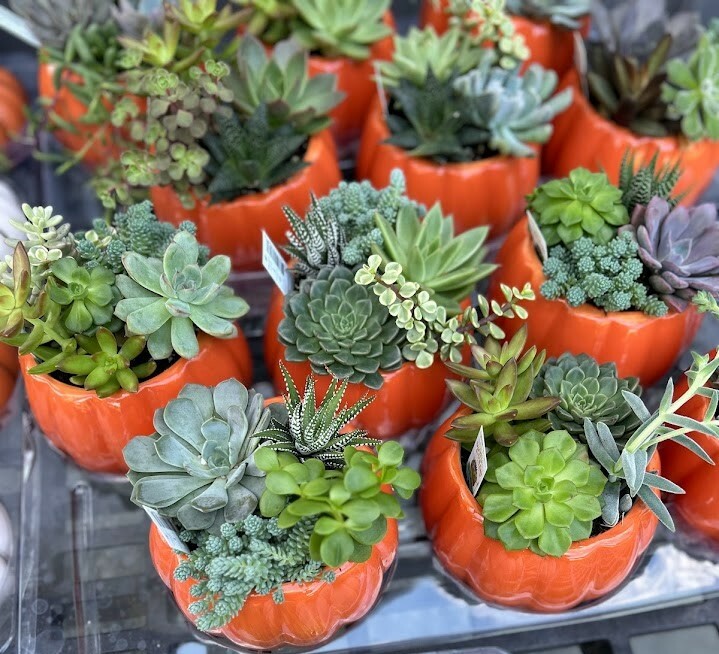 Combos
Combos
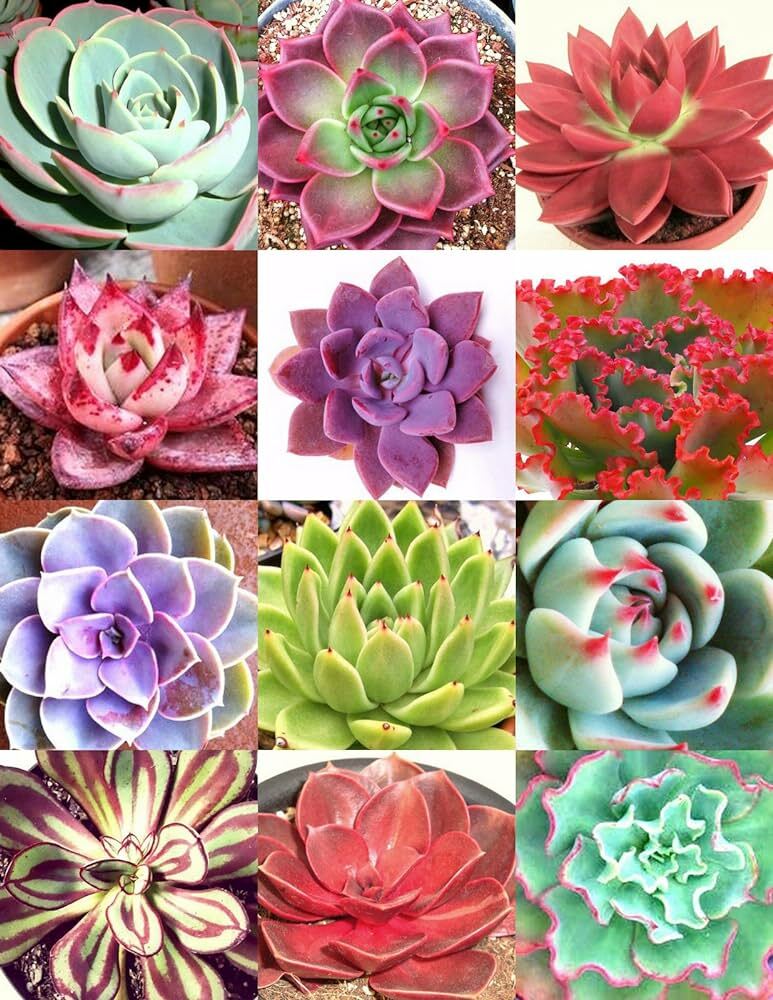 Echeveria
Echeveria
 Haworthia
Haworthia
 Sedum - Stonecrop
Sedum - Stonecrop
